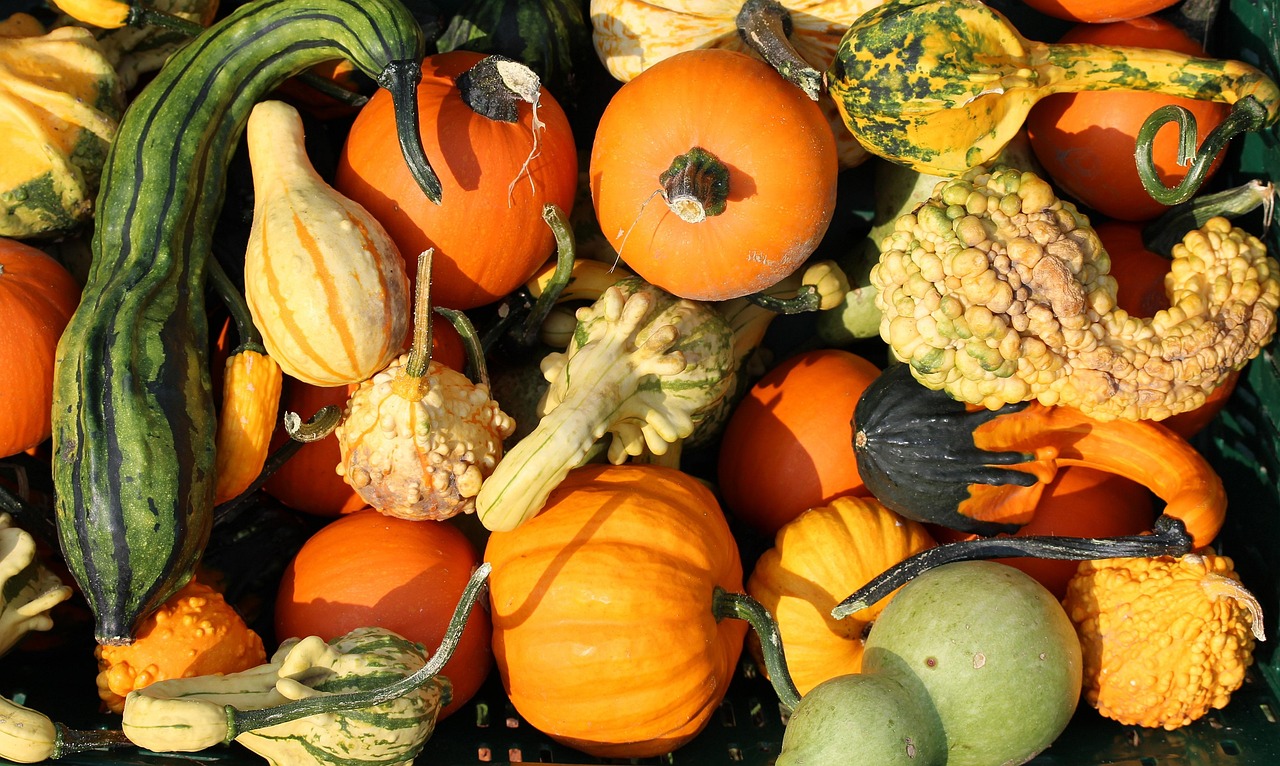Your October Gardening Checklist
October is a month of autumn harvests, winter preparation, and sowing hardy crops for an early spring start.
With autumn well underway, October brings chilly mornings and spooky nights – the perfect time for hot mugs of tea, bowls of soup, and some hearty winter digging on the allotment! Don’t forget, the clocks go back at the end of the month, so make the most of daylight hours.
Soil Preparation & General Maintenance
Dig over vacant plots – Break up compacted soil and incorporate organic matter to improve structure over winter.
Cover bare soil – Use cloches, fleece, or even garden fabric to protect from heavy rain and leaching.
Mulch fruit trees and berry bushes – Conserves moisture, adds nutrients, and prevents frost heave.
Clear spent crops – Remove any remaining summer vegetables and compost healthy plant material. This prevents pests from overwintering.
Prepare beds for winter crops – Dig in green manure or compost to enrich the soil for next spring.
Tidy paths and borders – Remove weeds, rake leaves, and edge paths to save work later.
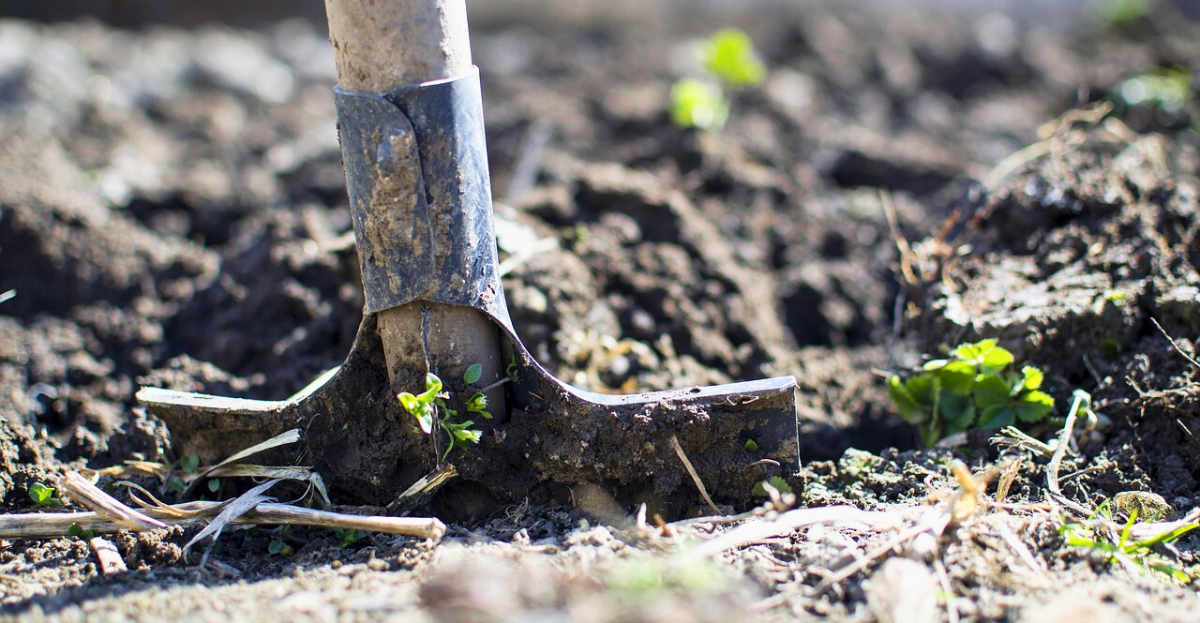
Vegetable Tasks
Tomatoes: Check fruits stored in shoeboxes or drawers to ripen fully.
Leeks: Lift early varieties; they are less hardy than later cultivars.
Maincrop potatoes: Lift before the end of the month using a potato or garden fork to avoid damaging tubers.
Peas & Runner Beans: Harvest the last of this year’s crop.
Leafy & Root Veg: Keep harvesting chard, spinach, carrots, celeriac, lettuce, and oriental vegetables.
Florence Fennel: Lift and store bulbs before frost damage.
Pumpkins & Squashes: Harvest your pumpkins and squashes now. Carve some for Jack o’ Lanterns, and any leftovers make excellent soups or roasting.
Winter Sowing: Sow winter lettuce, hardy peas, and broad beans towards the end of the month for early spring crops. Spring cabbage, overwintering onions, garlic, and rhubarb crowns can all go in now.
What to Grow
Spinach: Thrives in cool soil; fast-maturing varieties give autumn harvests.
Winter Lettuce & Rocket: Quick, frost-tolerant salad leaves.
Broad Beans: Sow hardy varieties now for strong root systems and early spring growth.
Garlic & Spring Onions: Plant now for harvest next year.
Collard Greens & Kale (e.g., Cavolo Nero): Hardy, sweeter after frost; perfect for overwintering.
Arugula (Rocket) & Pak Choi: Fast-growing leafy greens for cut-and-come-again harvests.
Mustard Greens & Land Cress: Hardy salad options for cold weather.
Fruit Tasks
Apples & Pears: Harvest as fruits ripen, avoiding bruising. Set aside only the best for storage.
Grapes: Remove leaves covering ripening fruit to maximise light.
Strawberries: Last chance to plant new beds from plants or rooted summer runners.
Rhubarb: Lift roots for early forcing; allow the crown to experience frost for improved growth.
Mulch fruit trees and berry bushes: Conserves moisture, adds nutrients, and protects roots from frost.
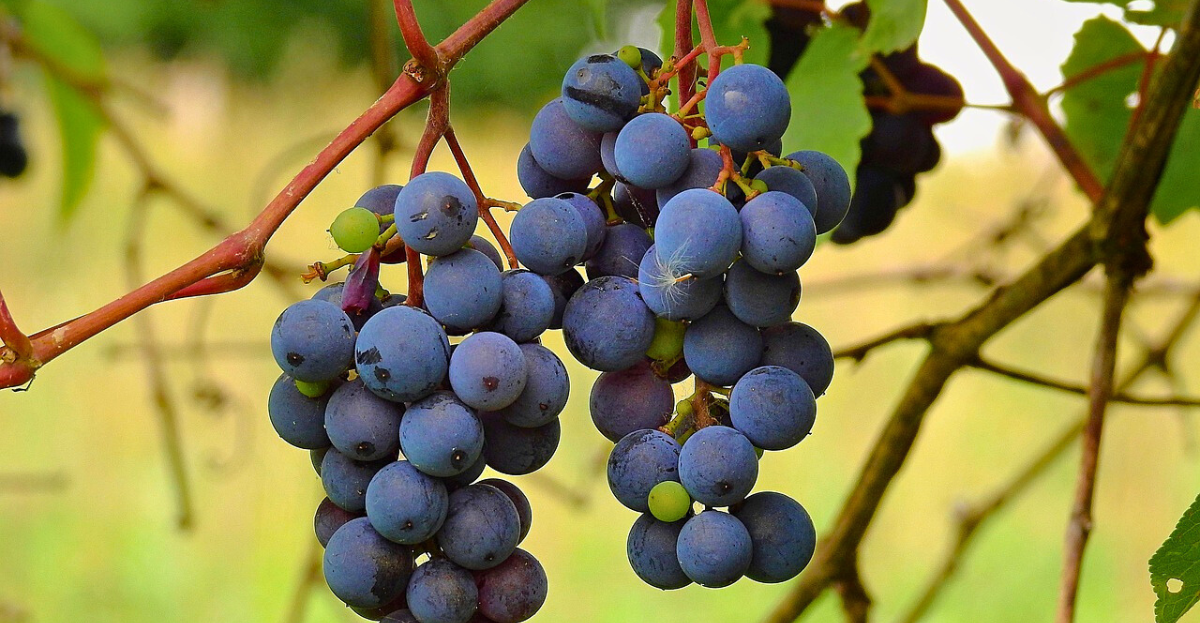
Greenhouse & Polytunnel
Insulate tender plants: Fleece, bubble sheeting, or newspaper layers protect from frost.
Wrap pots: Protect roots with bubble wrap or insulating material.
Harvest oriental greens: Mizuna, winter spinach, lamb’s lettuce, and hardy greens provide fresh leaves in winter.
Feed crops: Support remaining tomatoes, cucumbers, and peppers with high-potash feeds.
Store chillies: Dry by threading them onto a string or hang them in a warm, airy place.
Clean greenhouse: Wash glass, scrub benches, and remove debris to reduce pests over winter.
Flower Tasks
Plant spring bulbs: Daffodils, crocus, and hyacinths go in now; hold tulips until November.
Divide congested perennials: Lift and split clumps of hostas, irises, and daylilies.
Plant late-flowering perennials: Sedums, asters, and heleniums feed pollinators well into autumn.
Raise pots and remove saucers: Prevent waterlogging over winter.
Empty spent summer pots and hanging baskets: Compost the contents.
Compost the contents.
Leave seedheads: Sunflowers, teasels, and other plants provide food and shelter for birds and beneficial insects.
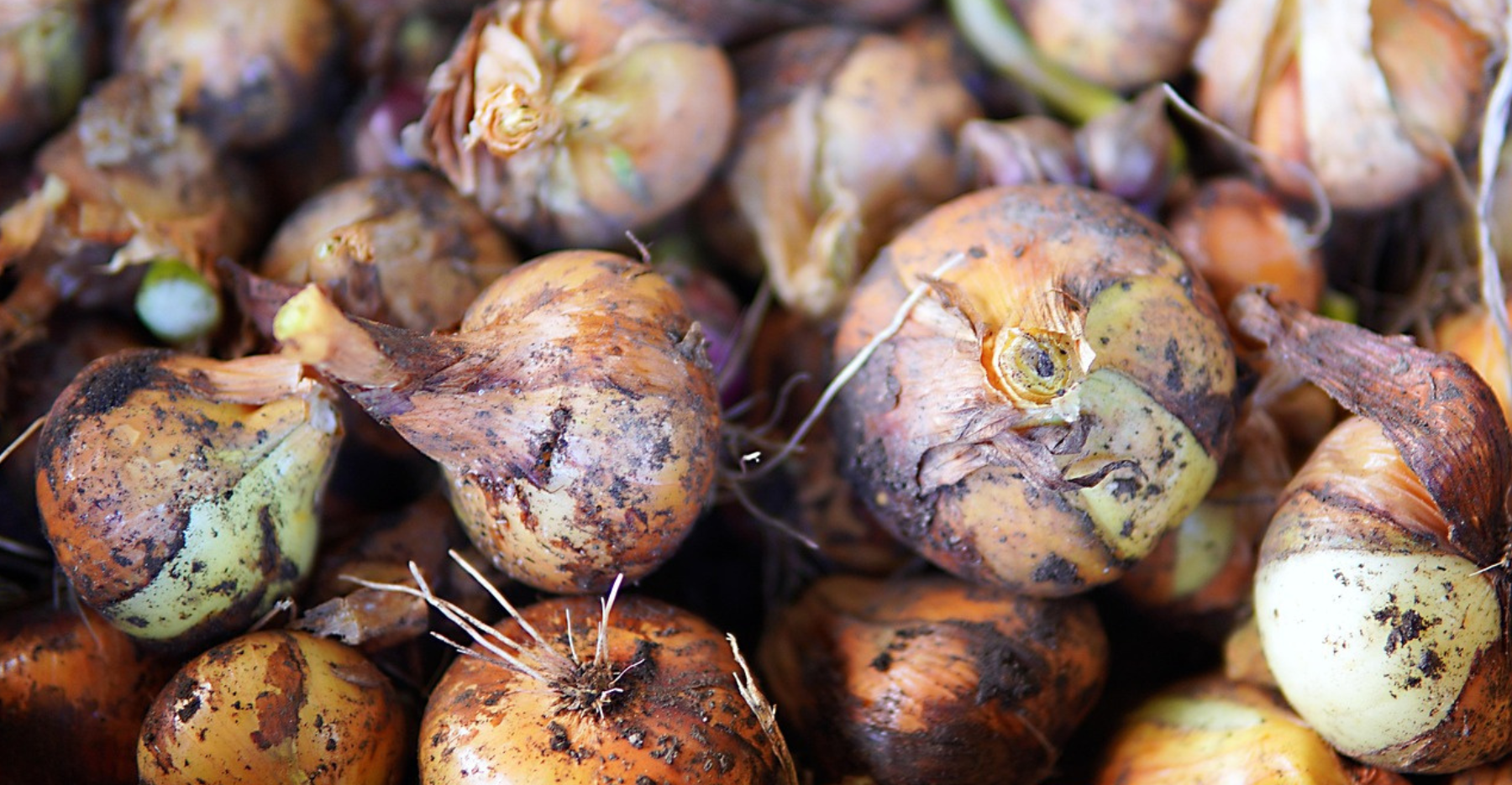
Pest & Disease Watch
Slugs & snails: Autumn rains bring them back; use traps, copper barriers, or organic pellets.
Cabbage white butterflies & caterpillars: Remove eggs and net brassicas if needed.
Leek moth & allium leaf miner: Inspect leaves and protect crops with mesh.
Carrot fly: Lift carrots promptly or cover crops with fleece.
Fungal issues: Powdery mildew on courgettes and blight on potatoes/tomatoes may appear; remove infected foliage immediately.
Inspect stored crops: Check potatoes, onions, and carrots for rot to prevent spread.
Planning Ahead
Collect seeds: Dry, label, and store from the best plants.Plan crop rotation: Decide which crops will follow where next year to maintain soil health.
Prepare cold frames & cloches: Extend the season for overwintering crops.
Check tools and equipment: Sharpen, oil, and store safely for winter.
Compost management: Turn heaps to encourage decomposition before winter slows activity.
Think About Wildlife
Feed the birds: Encourage natural pest controllers with feeders and water.
Create habitats: Leave log piles, leaf litter, or bug hotels for insects and hedgehogs.
Leave some seedheads: Teasels, sunflowers, and grasses provide food and shelter.
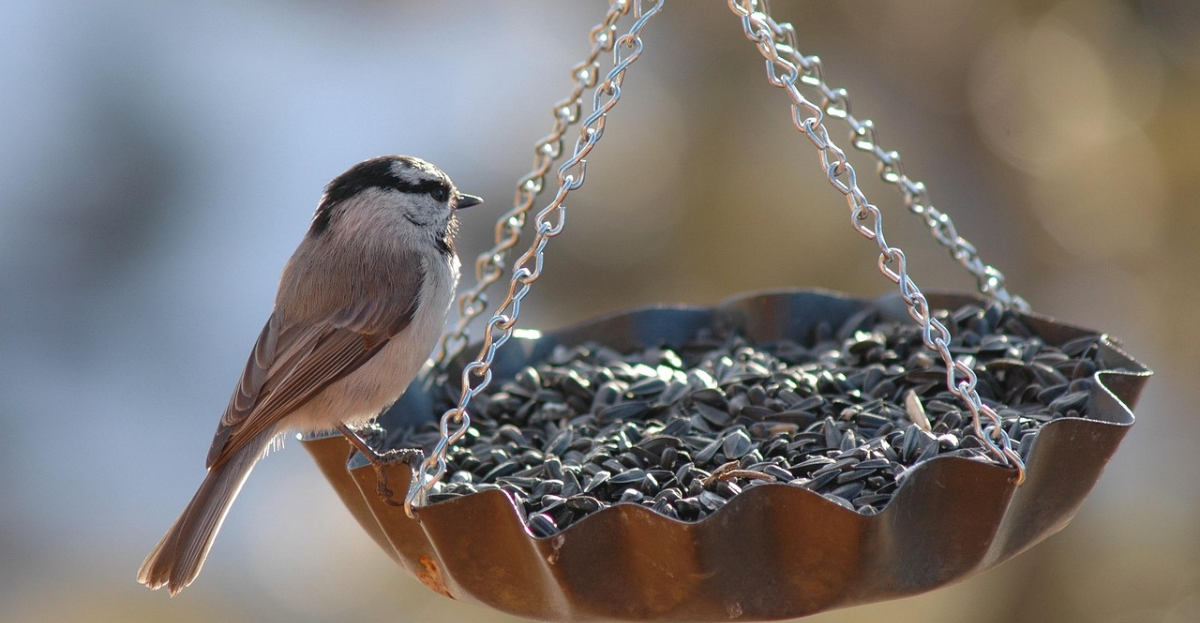
Final Thoughts
October is a month of transition and preparation. Focus on harvesting, protecting crops, enriching soil, and planning for next year. With thoughtful attention now, your allotment will glide smoothly through winter and be ready to burst back into life come spring.Become a National Allotment Society member and help to preserve and protect allotments for future generations.
You'll also gain a range of benefits, including free liability insurance, initial legal support, expert advice and much more.
